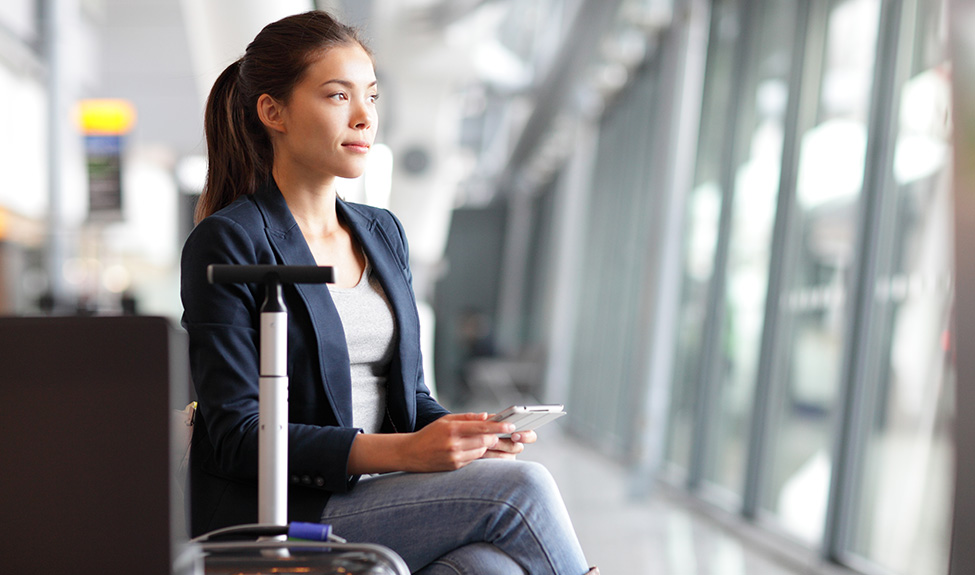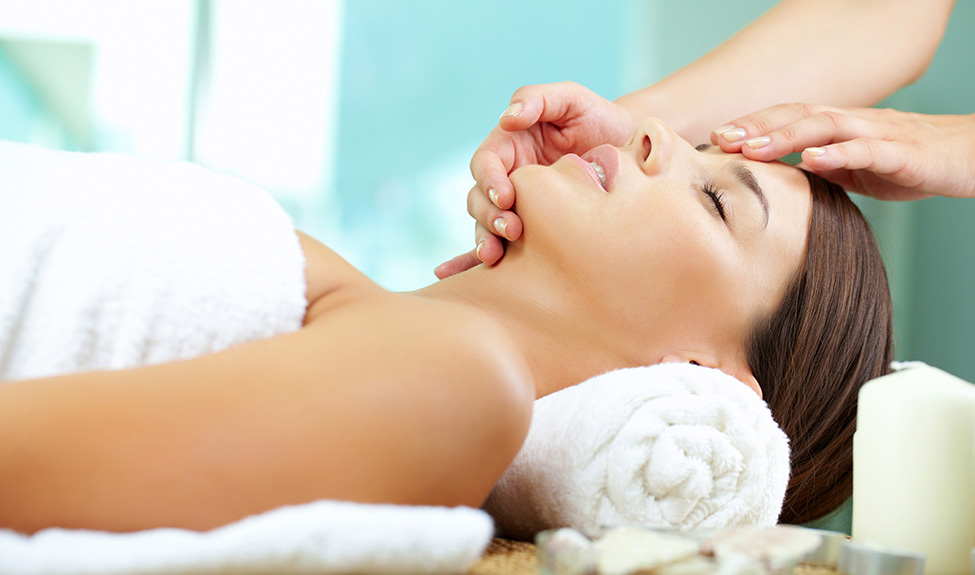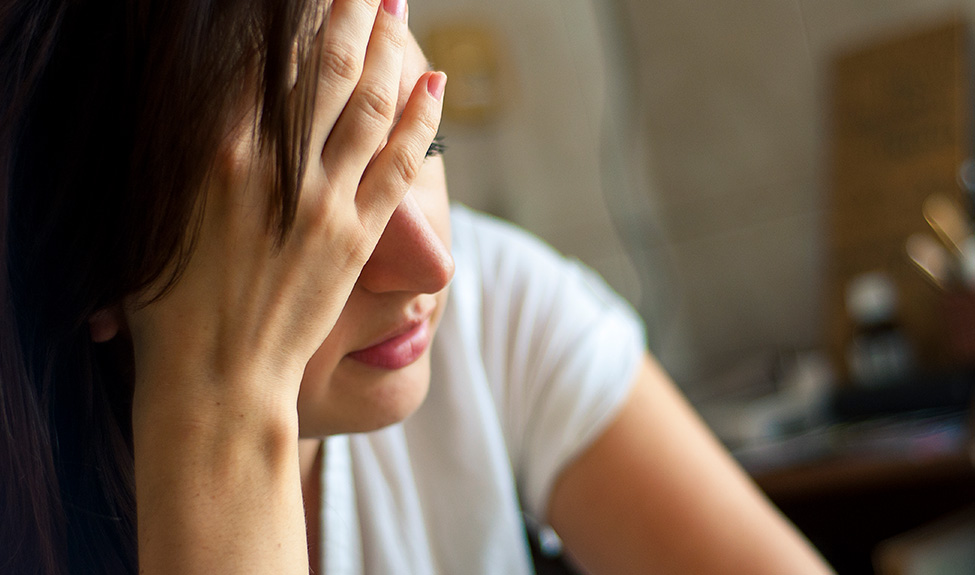When it comes to travel, they say “getting there is half the fun.” Unfortunately, if you’re flying cross-country or internationally, “getting there” may involve spending hours crammed in a too-small seat surrounded by other grumpy passengers and grouchy flight attendants. Travel can be exhausting which is why many vacationers seek out a spa when they reach their destination to relax and recover.
As a spa owner, you cater your treatments to the needs of your clientele. If your clientele frequently includes vacationers, it may be worth offering treatments specifically designed to fight jet lag or, at the very least, educate your staff with tips for vacationers to help them minimize jet lag naturally.
What Causes Jet Lag?

Also known as jet lag disorder, jetlag is a circadian rhythm disorder that typically affects individuals traveling quickly across multiple time zones. The human body has a natural rhythm that adjusts to the day/night cycle where you spend most of your time. Long-distance travel, especially when it’s done quickly, can interfere with the alignment of the body’s internal clock.
Jetlag typically happens when you travel east or west across three or more time zones. For example, if you arrive in New York City from Los Angeles at 5pm, your body will still operate as if it’s 5pm. Jetlag throws off your sleep cycle and can cause other issues like daytime fatigue, impaired thinking, hampered physical function, and general malaise. It may set in immediately or a few days after your arrival and can last anywhere from a few days to a few weeks.
How Can a Spa Treatment Help?

Generally speaking, jet lag symptoms last for about 1 to 1 ½ days per time zone traveled. Getting a good night’s sleep the first night in your new destination and getting up at a reasonable hour can help, but some people are more prone to jet lag than others. A good massage, facial, or body treatment can help restore balance and promote relaxation to help clients recover from jetlag more quickly.
The right spa treatment can play a role in relieving jet lag, but some clients may need a little extra help. Education is part of the spa experience, so train your staff to provide vacationing clients with helpful tips to further fight jet lag.
Here are some simple tips to fight jet lag naturally:
- Try to gradually adjust your schedule for sleeping and waking a few days before you leave or, if possible, arrive at your destination a few days early so your body can adjust.
- Regulate your exposure to bright light. Light exposure in the evening helps with westward travel and morning light exposure helps with eastward travel.
- Set your watch to local time at your destination before you leave and try to keep your normal hours for sleeping, waking, and eating meals according to that time.
- If you’re arriving at your destination at night, try to sleep during the flight – if you’re arriving in the daytime, try to avoid sleeping.
- Try taking melatonin to boost your body’s natural levels if you’re having trouble falling asleep at the right time in the new time zone.
- Stay hydrated throughout the trip, eat well, and try to limit your alcohol and caffeine consumption while on the flight – it may also help if you get up and move around a few times.
- Once you arrive at your destination, try to make time for some kind of light physical activity like taking a walk – this will also help with daytime light exposure to recalibrate your internal clock.
- If you absolutely can’t get through the day without a nap, try to limit it to 30 minutes or less – long naps can make it harder for you to fall asleep at night.
As a spa owner, you may want to consider adding services or upgrades to your spa menu that cater specifically to travelers. Express treatments and evening hours may be attractive to clients who have a busy schedule to work around and add-ons like reflexology, sound therapy, and aromatherapy can boost the benefits of more typical spa treatments.
Be sure to promote skincare products as well that help fight the visible signs of fatigue like dark circles and under eye puffiness. An ultra-hydrating masque paired with a good night’s sleep can work wonders for the skin and a hydrating toner is great for freshening up throughout the day.

